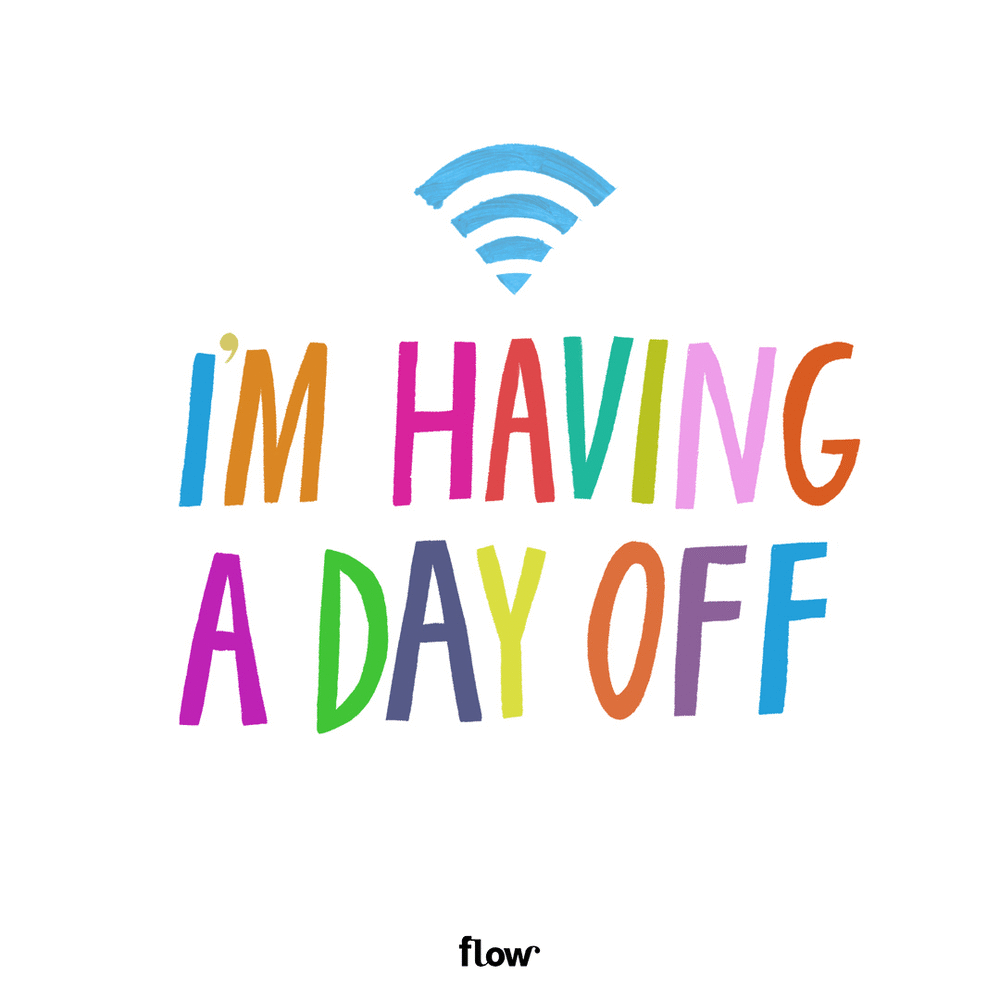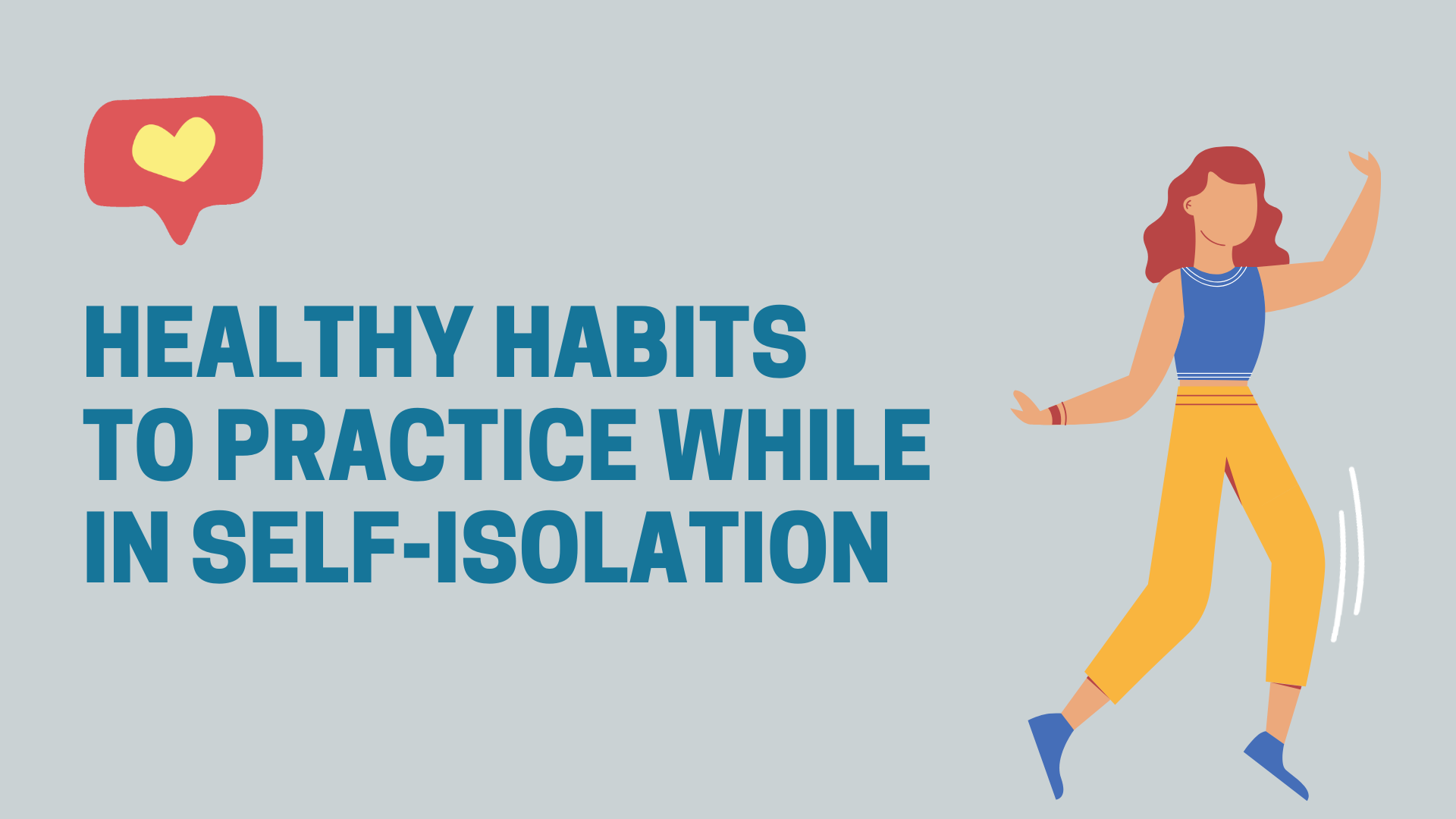Self-isolation is indeed one of the best prevention measures against the novel coronavirus, however it can affect our physical and mental health in many ways. For instance, I often feel lazy and worn out while staying at home all the time, and self-isolation has also affected my workout routine. Stressful and anxious thoughts are always on top of my mind because my schedule isn’t as busy as it used to be, and I feel I’m not productive at all. Our habits and routines have changed in this new normal and as self-isolation continues, it’s time to consider these five healthy habits:
1. Keep yourself busy

As self-isolation has relaxed some of us from our hectic class schedules, there are times we can feel bored and restless. For me, restlessness is the key to disappointment and disappointment, in turn, leads to negative emotions. Being busy helps me stay optimistic, energized, and inspired as a busy schedule diverts my mind from all negative thoughts and anxiety. One of the best ways to keep yourself busy is to pursue the interests you had to set aside because of your schedule before the new normal. By keeping yourself busy, I do not mean burdening yourself to be productive, what I rather mean is doing some small tasks throughout your day which may or may not be productive so that you keep your mind diverted from all the negative emotions. We shouldn’t force ourselves to over perform while we’re at home and instead we should alter our schedules to focus on our health and well-being in a way that we eat and sleep on proper time. So make a new schedule for yourself and get going!
2. Meditation and indoor workouts

Many of us have become couch potatoes because of self-isolation. The only physical activity I get these days is walking back and forth between the kitchen and my room, impacting my physical health significantly. Although all the gyms have been closed, indoor workouts and meditation can be your saviour. According to researchers, the best way to reduce stress and control anxiety is to meditate every morning. It is very normal to have small fights and arguments with your roommate or sibling or partner during self-isolation, and meditation can help you stop those fights as it helps you maintain good relationships with others and enhances your self-esteem.
Indoor workouts are also a good way of working on your physical, emotional, and mental health. They keep your brain sharp and your heart healthy. There are a variety of indoor workouts you can try such as a dance workout (one of my favourites!) to a favourite song like “Cheap Thrills” or “Sorry”. Plenty of fun dance workout videos are available on YouTube to learn from. Dance workouts are a great way to keep yourself entertained as well as active and refreshed for the entire day.
3. Maintain healthy eating habits

Stress and boredom because of staying at home often trigger overeating. For me, binge-watching Netflix and Amazon Prime are incomplete without eating chips, popcorn, and candies. Ordering food online for delivery is also a common self-isolation behaviour. However, these activities impact our health extensively and recording what you’re eating can be helpful to keep an eye on unhealthy eating habits. Otherwise, experts recommend sticking to usual guidelines for healthy eating and meal planning so you can prep for your weekly or bi-weekly trips to the grocery store.
4. Check-in with yourself

It’s very possible to feel alone and miss family and friends while self-isolating. There are so many thoughts that jump in my head during my day at home, and it’s important to give space to these thoughts but also know how to manage them in a healthy way. Self check-ins are a good way to talk to yourself and see how you’re feeling. They help you know yourself and your feelings better. I used the article “Identifying Your Feelings” to do self check-ins. The article is an amazing guide to help you conduct a self-check-in. Lastly, remember that help is always available if you need to reach out.
5. Take a break from social media and cope with the news
Using social media almost every 30 minutes (or more) has become a reality in the new normal. I find myself scrolling my news feed very often. It is absolutely not okay to be active on social media the whole day while sitting at home. Although social media is a great way of connecting with the world during this time, excessive use of it affects our well-being. Numerous researches have proven that spending more time on social media leads to jealousy, anxiety, stress, low self-esteem, and a lack of sleep. Your eyes and mind need a break from all the scrolling and usually looking outside of my window proves to be a good break for me.

Most of us have been following the news a lot more than we used to. Reported information is increasing with facts and numbers changing every day. This can be overwhelming. The news can be intimidating and it might want to make us run away from all the facts. However, running from bad news is not a good strategy. Instead, finding effective coping strategies can help. At first I was scared to listen to the news every day as it was stressful, however I started accepting the changing facts and I took all the necessary precautions that were suggested. So, what I realized is that avoiding the news is like avoiding reality, but accepting it is much more helpful to keep yourself informed and safe.
